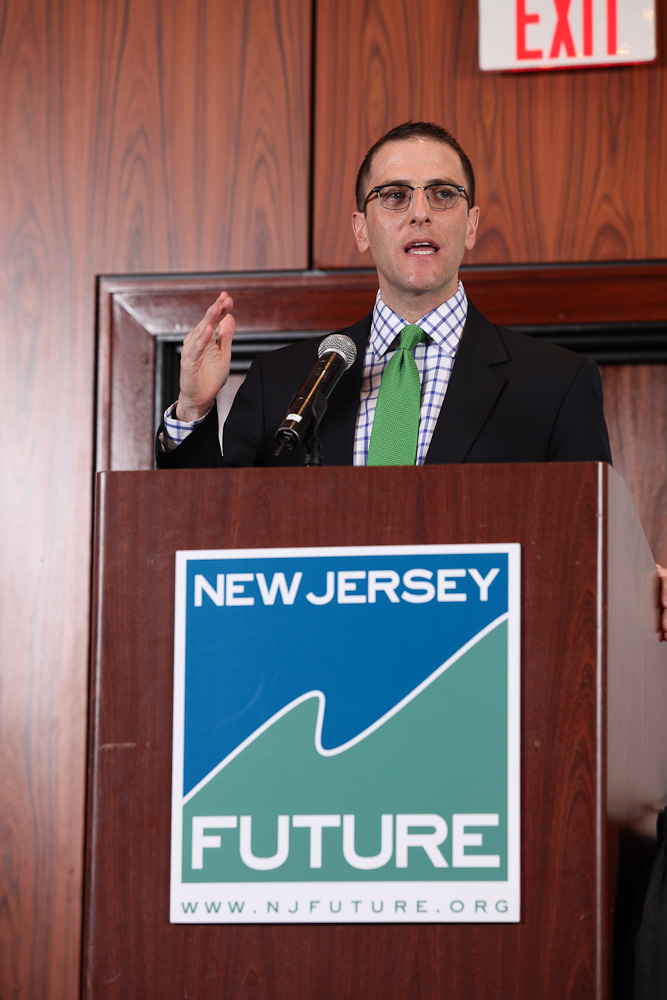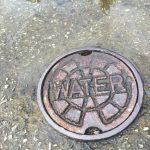New Jersey Future Blog
Property Taxes Drive Urban Distress and Sprawl
January 10th, 2001 by New Jersey Future staff
Property Taxes
- New Jerseyans shoulder the nation’s highest residential property taxes, about $4,200 on average.
- Property taxes alone claim about 10 percent of annual median household income in New Jersey.
- Our poorest communities carry the heaviest tax burden, with property tax rates generally in the 3.5 to 5 percent range. Our wealthiest communities have tax rates in the 1 to 2 percent range.
New Jersey relies more heavily than most states on property taxes to fund key services, from public schools and services to roads and sewers. Fully 98 percent of such services are funded by property tax in New Jersey, versus a national average of 75 percent.
So heavy is New Jersey’s reliance on property tax that property tax revenues alone almost equal the $13 billion in total revenue from state income, sales and corporate business taxes combined.
This unbalanced system is hard enough on the pockets of New Jerseyans, but it’s also taking a toll on the places where we live. Local municipalities are so dependent on property taxes to finance local services that they too often chase and compete for development – even when it doesn’t fit the community’s character or vision, adds to local traffic woes and eliminates farmland and open space.
The system hurts New Jersey’s poorest communities most. In an effort to fund ailing schools and services, poor residents must tax themselves at the state’s highest rates – driving away developers and businesses that
might save these communities and forcing these places to accept any tax-paying development they can get, including incinerators, prisons and polluting industries.
Other states have already opted for change. Michigan has adopted a statewide property tax, and funds its public schools separately. Many states including New York, Texas, and Ohio have initiated local-option sales or local-option income taxes in order to reduce property taxes.
For further information, or an upcoming copy of New Jersey Future’s Smart Growth policy recommendations, contact New Jersey Future at www.njfuture.org, or 609/393-0008, 101.
















